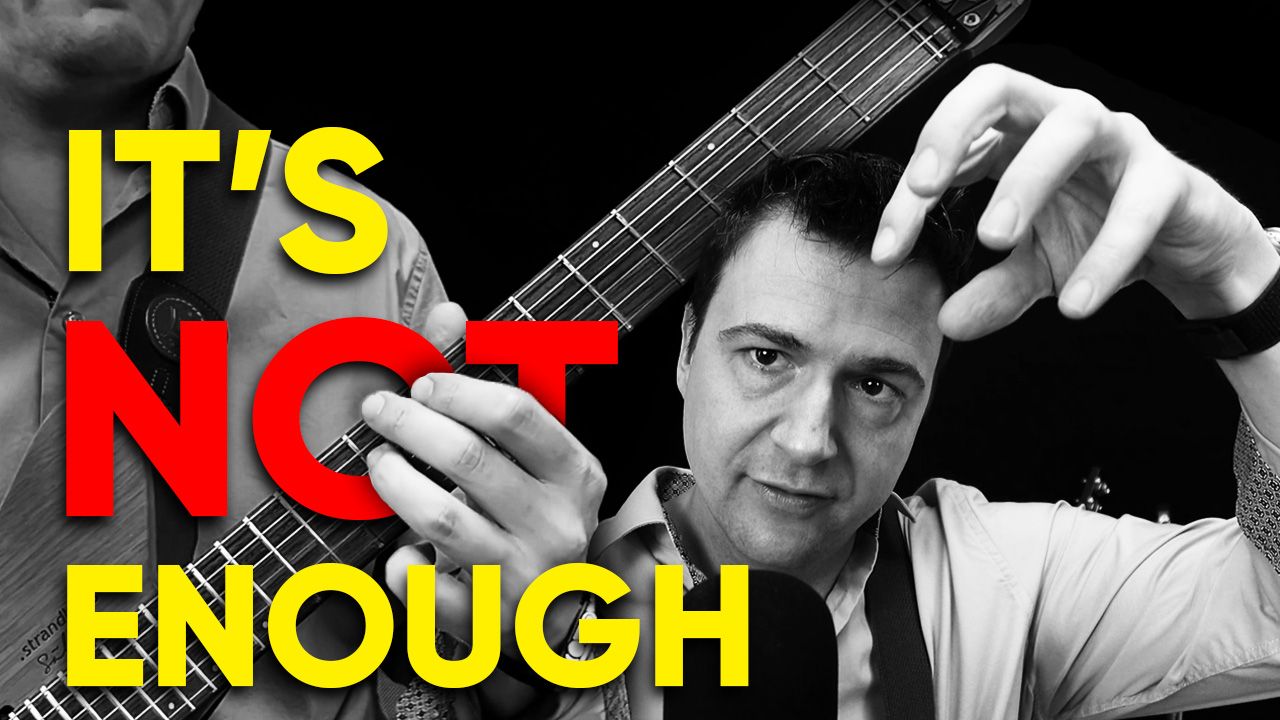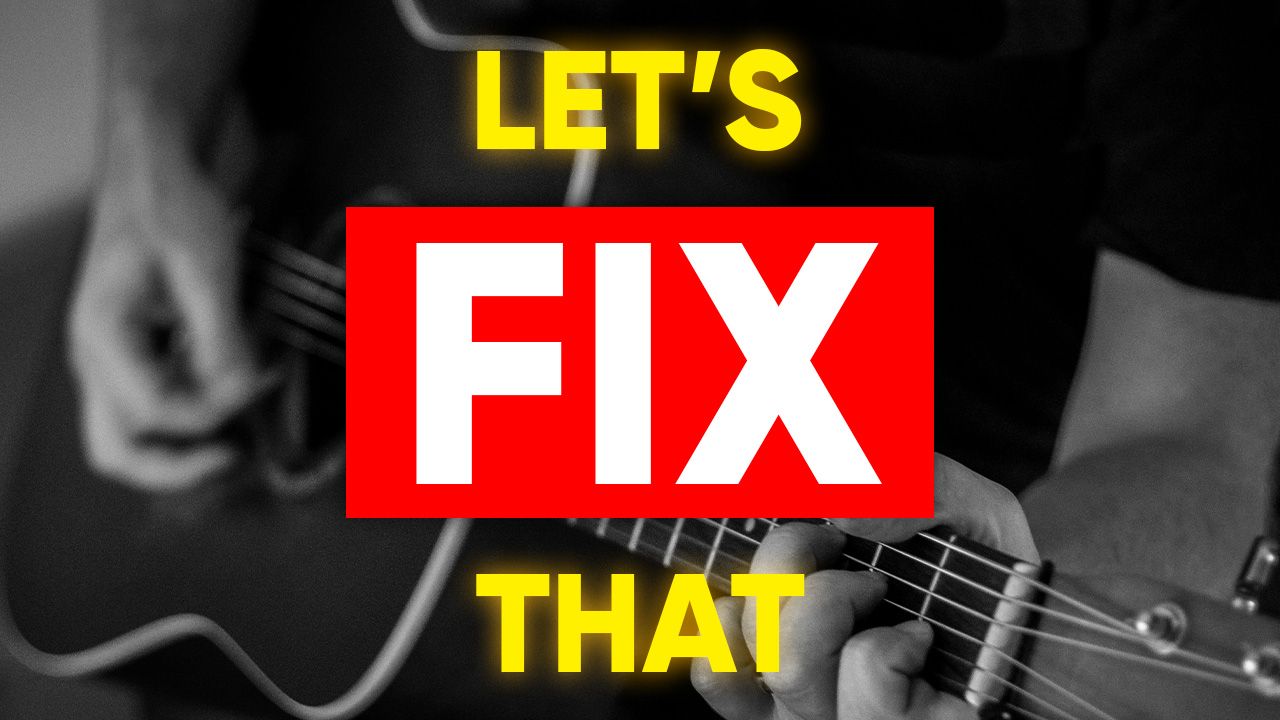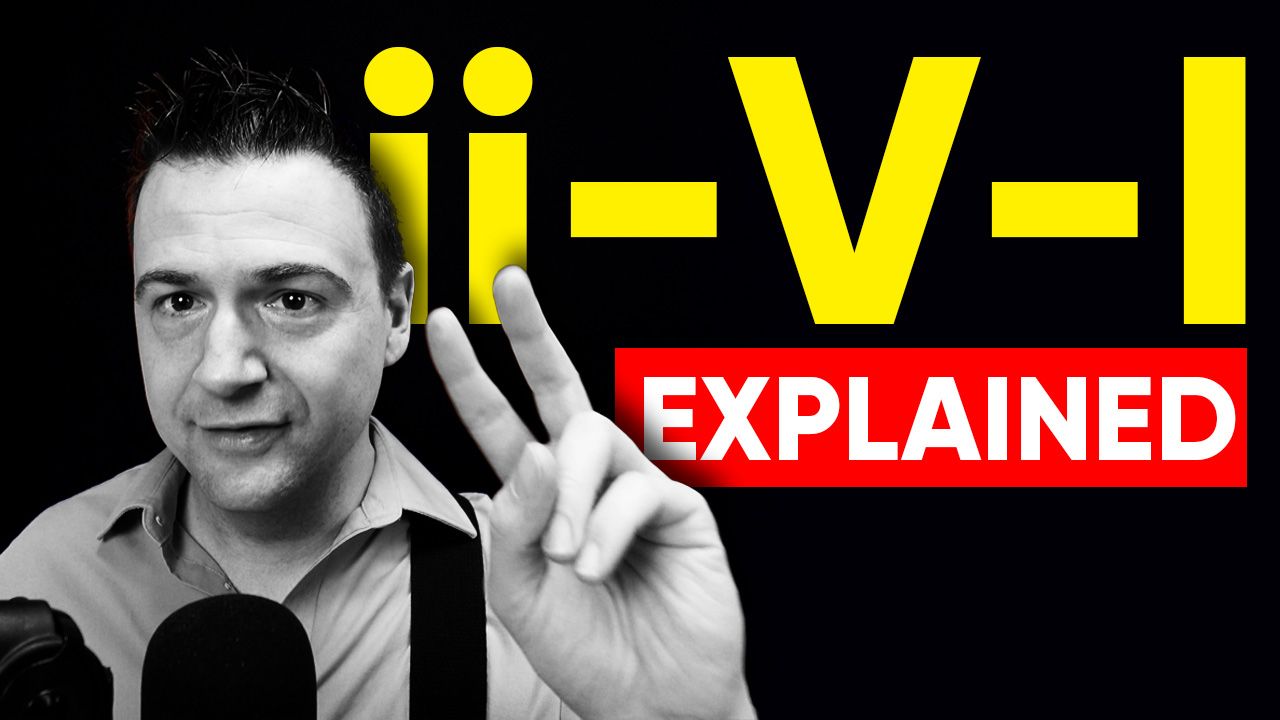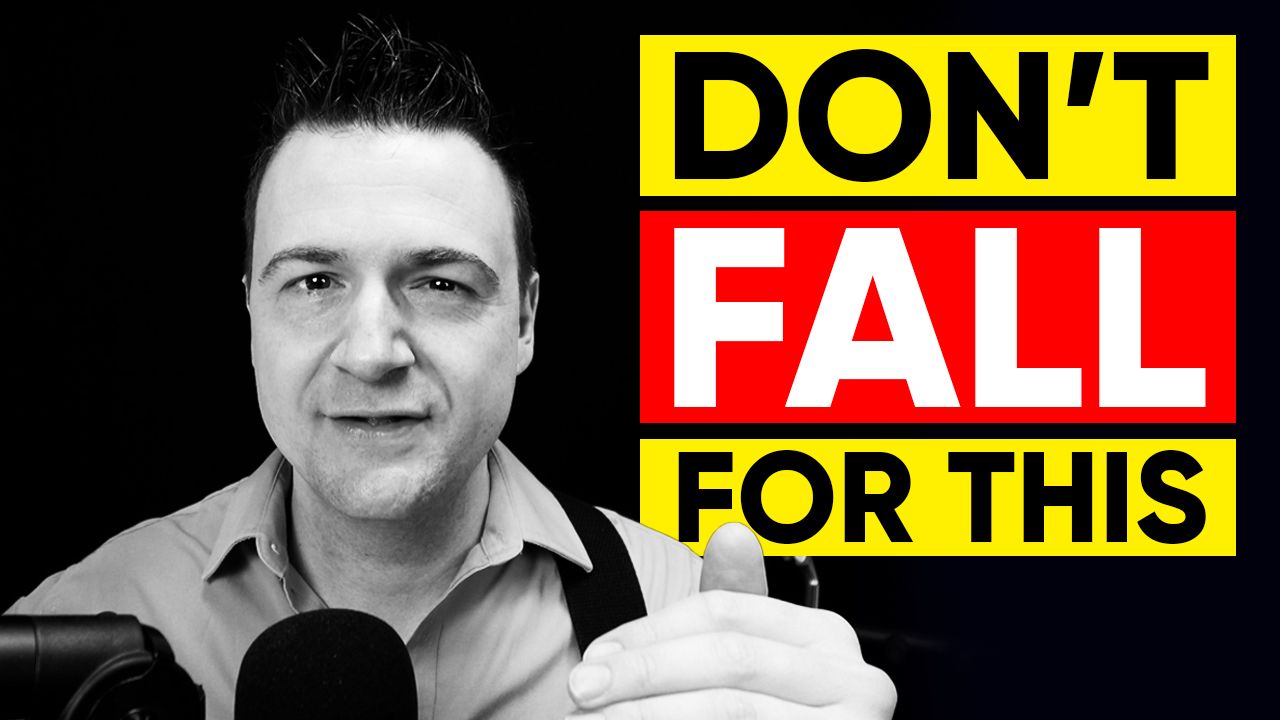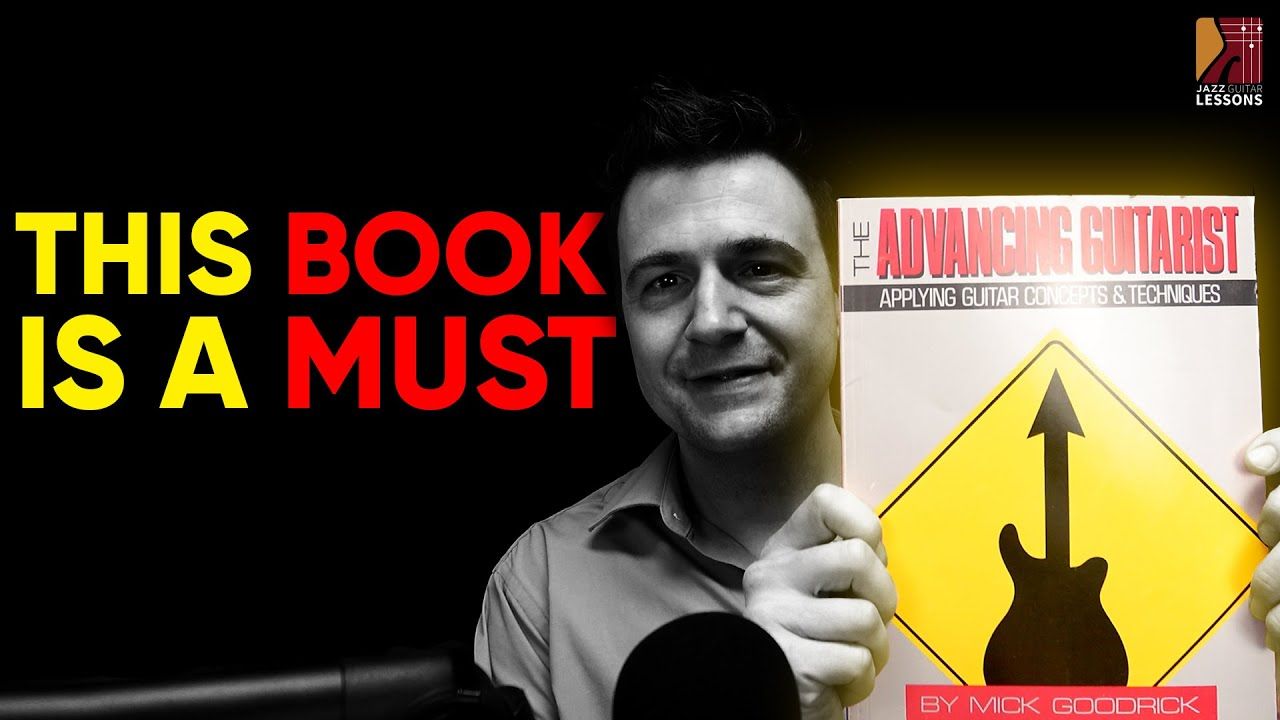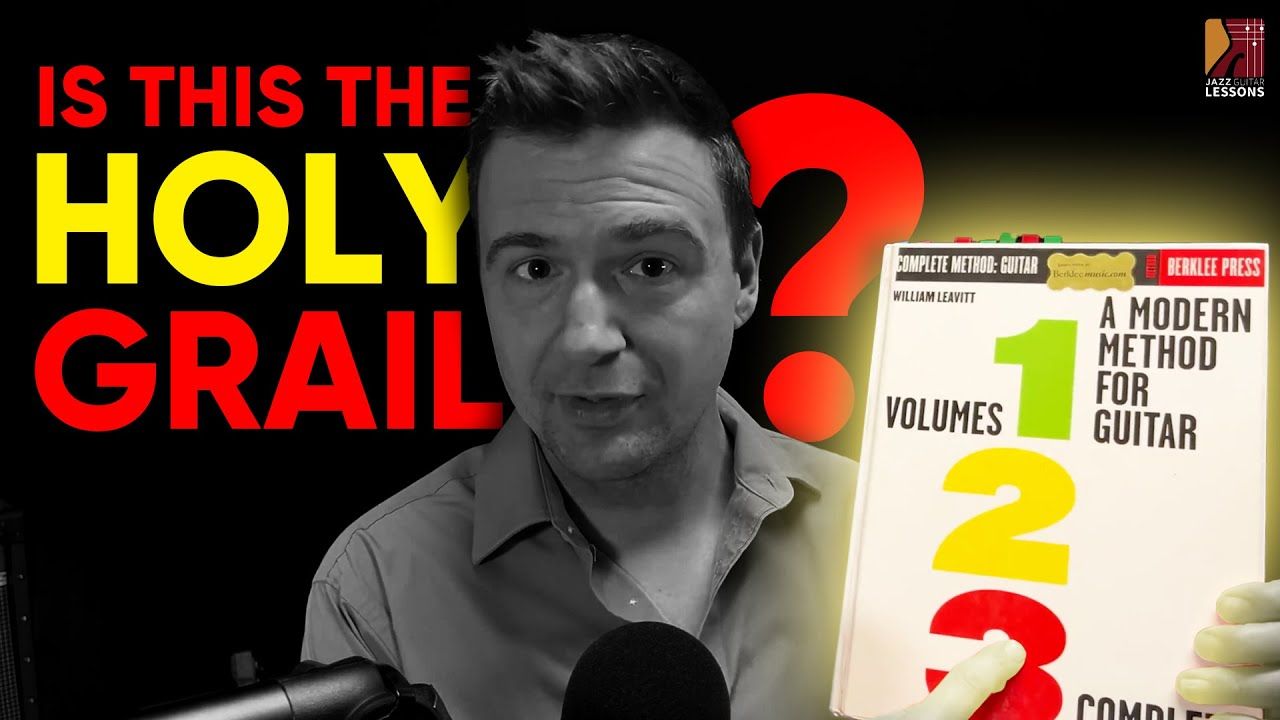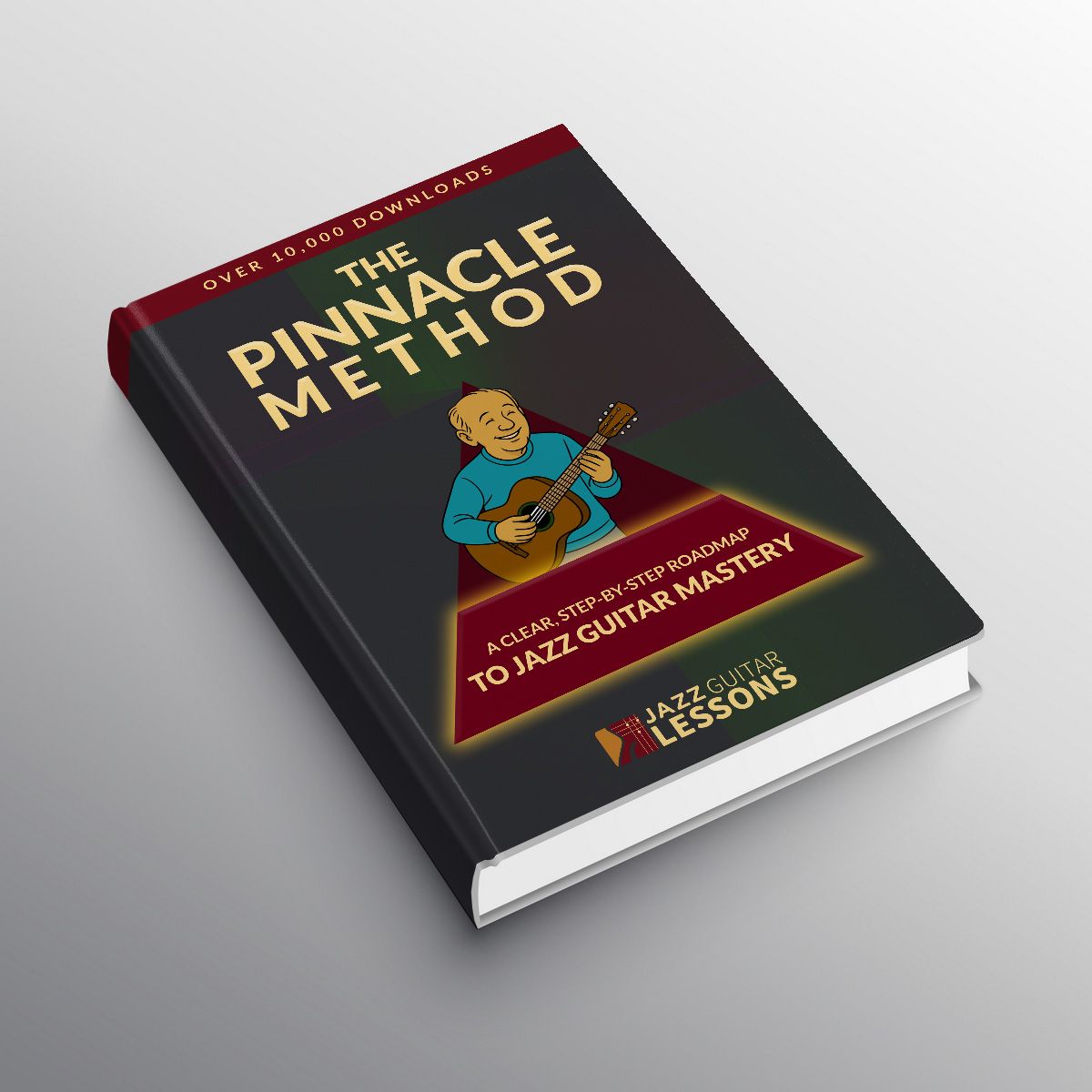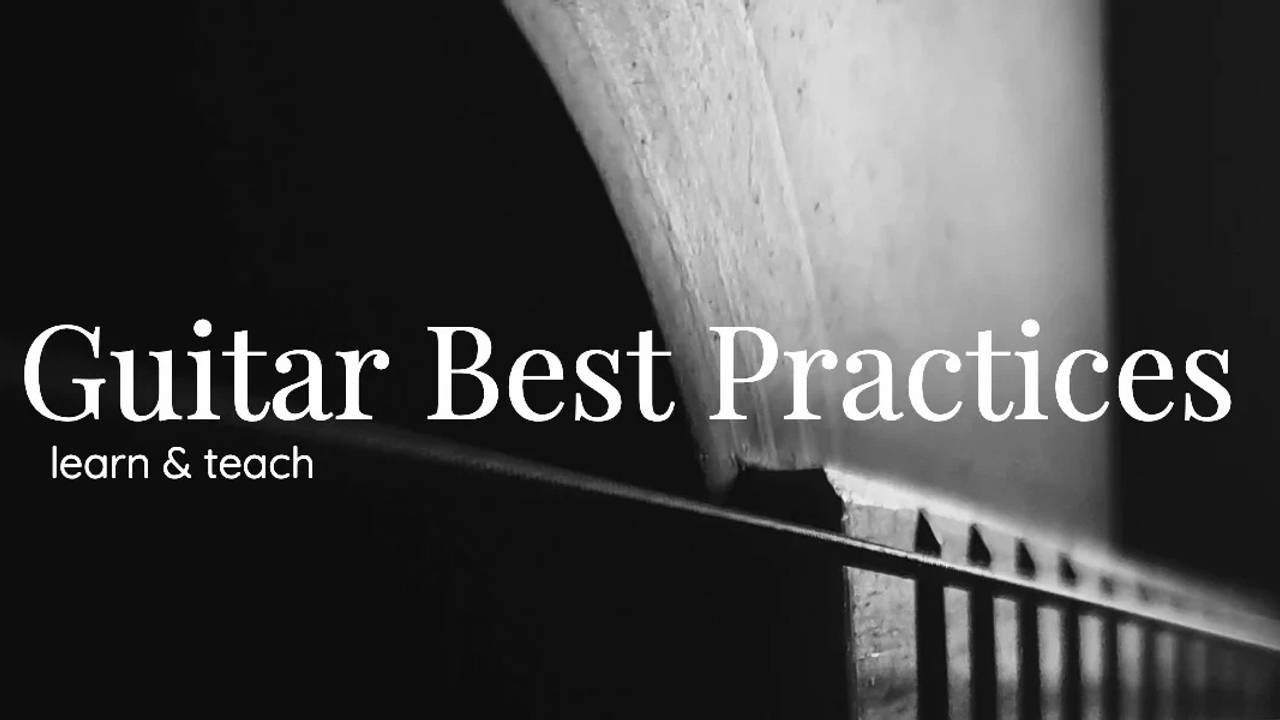
Best Practices for Learning and Teaching Jazz Guitar
Mar 14, 2021A guest post by Matthew Rusk of MGRMusic.com
Teaching jazz guitar and learning to play it, can often feel like an isolated experience. Especially, if you're practising individually without the support of other guitarists. Yet, put a few guitarists together in a room and they will quickly start talking about the resources that they have use to help develop themselves, alongside - of course - the gear they use and music they enjoy listening to.
This concept of sharing resources, exercises and tips when learning to play the guitar is incredibly valuable. As a community grows, the collective resources also grow in value. Today, I hope to get the ball rolling on a few key resources, tips and ideas that I have seen during my time as a guitar teacher to help players of all levels supercharge their learning ability.
I will break this down into four sections:
- Tips for beginner students,
- Tips for intermediate students,
- Tips for advanced guitarists and
- Tips for teachers.
Tips for beginner students
As I a teacher I have a golden rule for all my beginner guitar students - no guitar could ever be in their guitar case at home - a simple tip, but I found my students were ten times more likely to play the guitar between lessons if they had done this, rather than left it in their case.
Moving the guitar to a place where you spent a lot of time is also sensible, it means you can grab it even for a few minutes to play. This simple change dramatically increase your playing!
Second tip - learn to play with a metronome - this can be super basic to begin with, simple riffs or chord patterns, with just you an a metronome. You are training so much more than simply your guitar playing, helping to develop your inbuilt timing and musicality.
Finally, the output sound is not as important as the technique. It can be off- putting to know that your playing doesn’t actually sound that great, however, it will over time if you really get down the right technique. Building strength, speed and accuracy in your fingers takes some time - if you are missing one of these components it is likely not to sound as good as it could be. This isn’t a bad thing, just concentrate on really honing your technical skills and the output sound will improve.
Tips for intermediate students
You are advanced enough now to play even complex songs, but are you playing something that “sounds like the song” rather than the actual music? We have all been their learning solos and have looked at the music, looked at what we were playing and conceded that they might not be exactly the same - but broadly it gives the same sound and feel. This is lazy, you are a better guitarist than this - push yourself to that next level by putting in the extra time to play as the original guitarist did. This is what will take your guitar playing to the next level - after all would you hire a session musician that can make it sounds roughly right, or one that can nail it every time?
This also means thinking about the feel of the music, not just how the music make the listener feel but how your emotions can be fed into that song to create genuine feeling. I have often heard actors talk about developing a walk for a character because it helps to contextualize the character as a whole, in the same why can you develop a way of playing that enables you to tap into your emotions to provide genuine feeling. This will help to contextualize the music, both to an audience who will visibly see a connection between yourself and the music, but also to yourself to enable you to explore how you might be able to create music for different emotions.
Equipment is a distraction - it is an odd thing to say, but it is often true. Competent guitarists can be sucked into a world where their focus becomes about getting the right pedalboard, finding the ideal amp tone or investing in the newest bit of guitar integrated technology. I have often see this combine with a student’s practise time decreasing massively and they plateau in their learning. Knowing about equipment certainly has its place, but it should be proportional to your knowledge as a guitarist - we have all met guitarists that seem to know twice as much about the equipment they have, rather than how to use it in a meaningful way! Therefore, make sure your increased interest in equipment is matched by an increased desire to really understand playing guitar as an art form.
Tips for advanced students
Having acquired so many of the skills of playing guitar I often find for advanced students focus should be on output. As an advanced student do you have drive to develop into a session musician, gigging musician, composer or teacher? Focusing on what your next goal is can help define the practise that you wish to undertake - the real question I have for you is what are you ready to give? It might be knowledge you have learned, it might be new music you have created or it might outstanding performances - in the end it doesn’t matter what the output is, but their has to be an output to your hundreds of hours of learning to master your instrument - as there is real reward in giving something back to other people through knowledge transfer or new music creation.
Tips for teachers
Not only is our role to develop our students, but it is our role to develop ourselves as teachers. I have often found teachers work in isolation, engaging extensively with their students but never communicating with their fellow teachers in the same city - even though we all as teachers face many of the same challenges (for example, what to do with student cancellations or no-shows).
Often the self-imposed isolationism is because fellow teachers in the same city are seen as competition, while teachers beyond the city are too distant to communicate with. However, I feel that there is real value in music teachers communicating and engaging with one another - especially if it takes place on a national or international level, meaning that there is no fear of competition but instead a community of supportive teachers, willing to help explore ideas of best practice for all music teachers.
There are many websites out there that have active and engaged communities of music teachers, providing support for one another. I would recommend joining a community and start connecting with other music teachers nationally and internationally, to help you feel part of a larger music teacher profession and inspire you to continue to develop as a teacher of music.
A guest post by Matthew Rusk of MGRMusic.com
Matthew Rusk is the founder of mgrmusic.com, a huge online community of active music teachers providing peers support, networking opportunities and resources to one another. This international community has seen over 32,500 student enquiries since 2012 for the teachers involved, helping them to develop their music teaching businesses alongside constant support from other music teachers.


